"It is fake news," responds the UCI to criticisms about safety in the race after eliminating radios
The International Cycling Union (UCI) has sparked controversy in the cycling peloton following its decision to eliminate radios in some races as part of an experiment to assess their impact on competition. The move has generated strong criticism, especially after the serious crash suffered by French cyclist Nicolas Debeaumarché on stage four of the Tour of Poland. The Cofidis cyclist had to wait a considerable time before receiving medical attention.
A test to improve cyclists' safety
The international body has decided to experiment with the elimination of earpieces in some competitions, starting with the Vuelta a Burgos, to evaluate their impact on the dynamics of the races. These devices, which allow constant communication between the team manager and the riders, have been criticized for limiting the autonomy of the riders and contributing to an increase in crashes due to the pressure exerted by managers to maintain front positions. The UCI's goal is to see if the absence of earpieces can make races more exciting and safer, reducing the number of crashes.

Richard Plugge, general manager of Vingegaard or Van Aert's Visma - Lease a Bike team, expressed his frustration on social media, attributing the delay in assisting the Cofidis rider to the lack of radio communication during the race. “It was chaos today, without radios. The UCI cannot continue with this radio ban. It turns the race into a complete farce,” Plugge said. The Dutch team boss wanted to underline with this the importance of the radios not only to give instructions, but also to ensure the safety of the riders.
RECOMENDADO
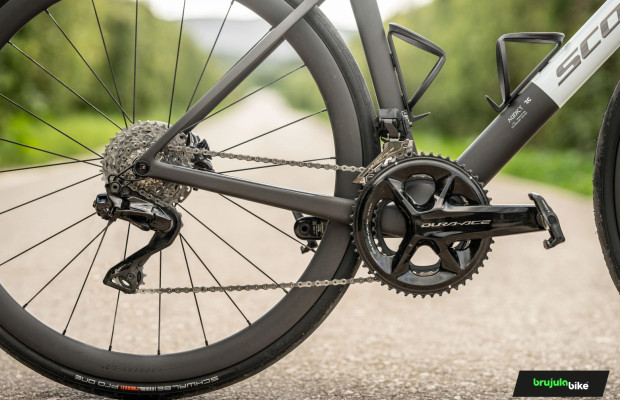
How to choose the right crankset and cassette: a guide to find the right ratio and extend the life of your bike
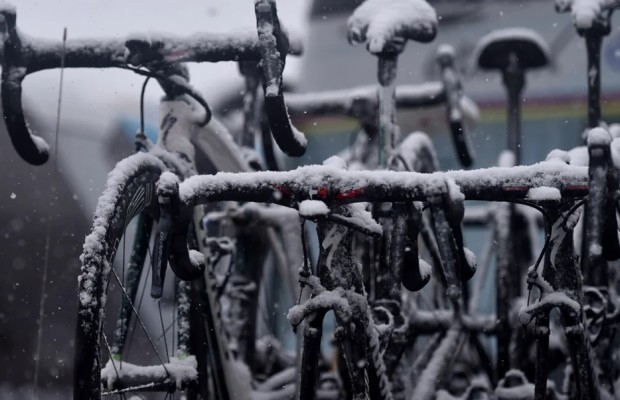
Can I go cycling with the flu or a cold?
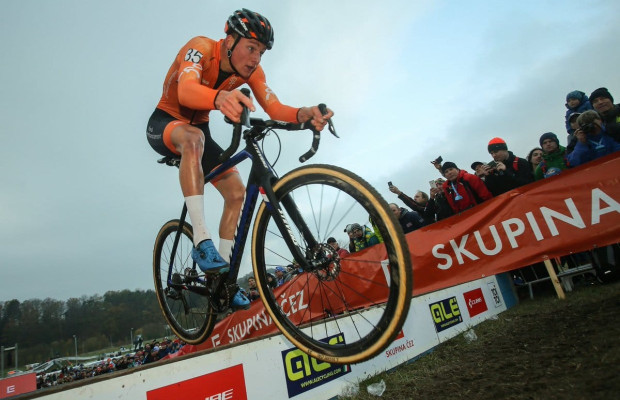
He invented the idea of jumping over the planks, which earned him a World Championship against Van der Poel
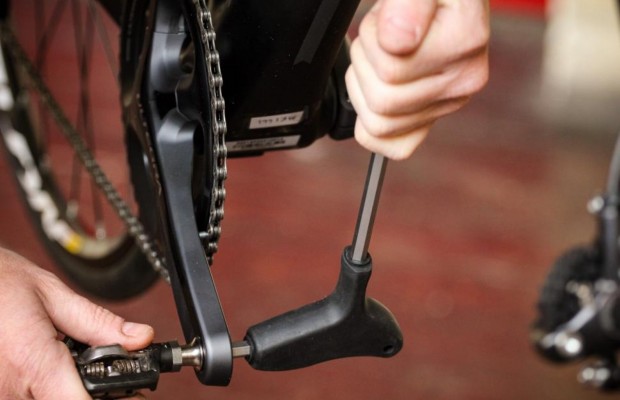
How to change the pedals of any bike in 5 steps
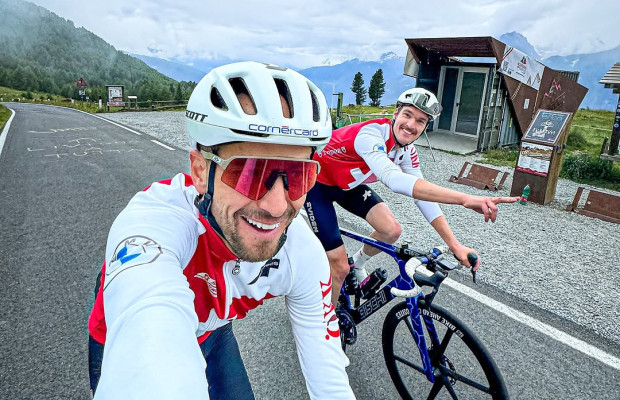
Is it possible to do base training when time is short?
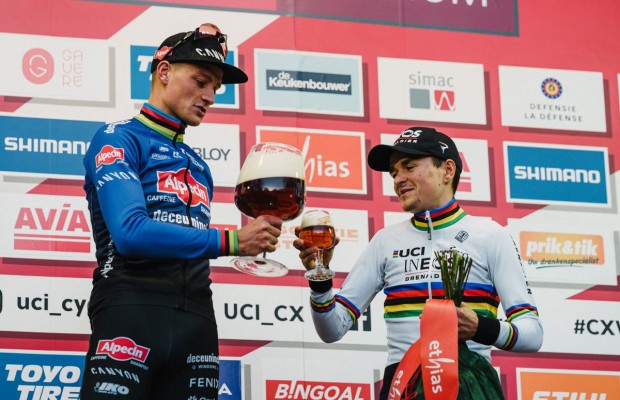
Alcoholic beverages with the fewest calories
UCI president David Lappartient responded to the accusations, calling them “fake news.” Lappartient defended the UCI's decision, arguing that the radios were not related to the crash and that the riders were treated according to safety standards. “Our priority is safety. You want to keep the radios on to give instructions, not for safety. Take responsibility for it,” he said.
 This is not the first time Plugge and Lappartient have clashed in a public dispute. In April, the CEO of Visma Lease a Bike harshly criticized the UCI for its slowness in implementing safety measures that could prevent crashes like the one suffered by his rider and team leader Jonas Vingegaard during the last Vuelta al País Vasco and that has not allowed him to arrive in optimal conditions to the Tour de France, which has yielded in favor of a spectacular Tadej Pogacar.
This is not the first time Plugge and Lappartient have clashed in a public dispute. In April, the CEO of Visma Lease a Bike harshly criticized the UCI for its slowness in implementing safety measures that could prevent crashes like the one suffered by his rider and team leader Jonas Vingegaard during the last Vuelta al País Vasco and that has not allowed him to arrive in optimal conditions to the Tour de France, which has yielded in favor of a spectacular Tadej Pogacar.
Despite the debate, the Tour of Poland confirmed that Debeaumarché is stable and under medical observation, although the controversy over the use or banning of radios was not discussed. The UCI, for its part, continues to defend its experiment, while the cycling community and the peloton remain divided on whether this measure actually improves safety in cycling competitions or, on the contrary, may represent an added danger.